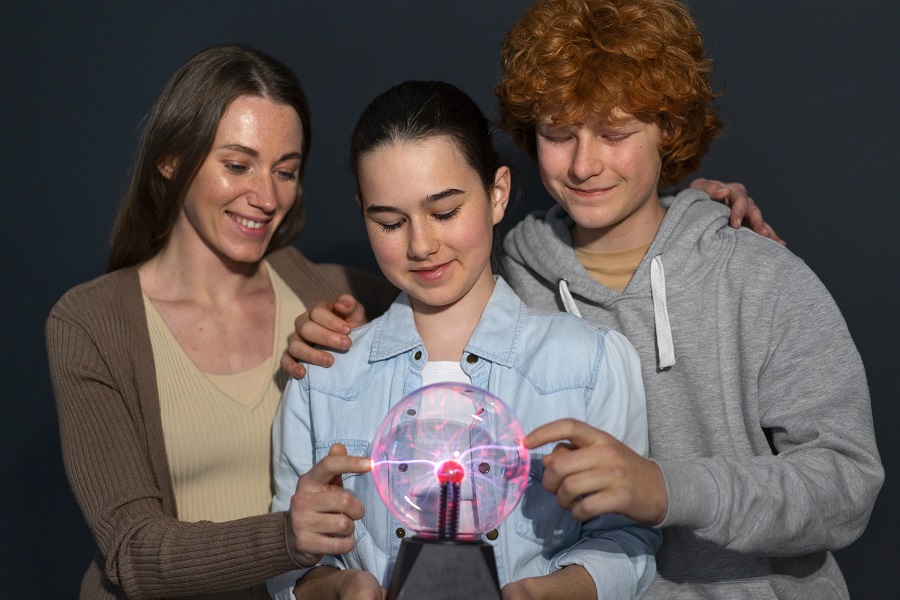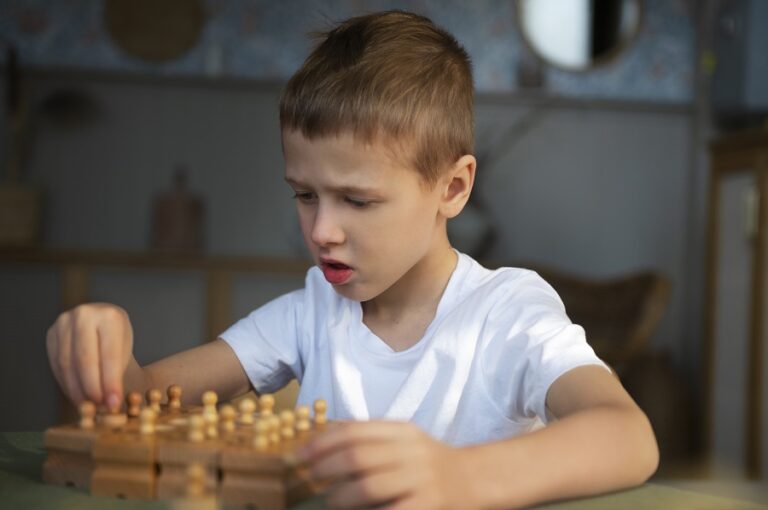The Rise of Brain-Hacking Games
In recent years, brain-hacking games have gained massive popularity among people of all ages. These games are not just fun and entertaining; they are specifically designed to challenge your brain, sharpen your memory, and improve cognitive functions. From children developing early learning skills to seniors looking to stay mentally active, brain-training apps and games have become a global trend in personal development and digital wellness.
As more people seek ways to improve their mental agility, the rise of brain-hacking games reflects a shift in how we view learning, entertainment, and health. Let’s dive into what brain-hacking games are, how they work, and why they’re making such a big impact in the world of education and wellness.
What Are Brain-Hacking Games?
Brain-hacking games, often called cognitive training games, are digital tools or app-based games that are created to improve your brain’s performance. These games typically focus on specific areas of mental function such as memory, attention, logical thinking, problem-solving, speed, language skills, and even emotional intelligence.
Popular apps like Lumosity, Elevate, Peak, and NeuroNation are just a few examples of platforms that offer these types of brain-enhancing challenges. They are backed by neuroscientific research and built with levels that adapt to the player’s performance, ensuring that users are consistently challenged.
Why Are They So Popular?
There are several reasons why brain-hacking games are growing in popularity across age groups:
- Accessible and Easy to Use: These games are available on mobile devices, making them easy to use anytime, anywhere.
- Science-Backed Benefits: Research shows that regular mental exercise can lead to improved memory, concentration, and problem-solving skills.
- Short Sessions, Big Gains: Most brain games only take 5–10 minutes a day, which makes them perfect for busy schedules.
- Personalized Learning: Many apps adapt in real-time to your skill level and progress.
- Fun and Engaging: They turn serious mental training into a fun and competitive activity, keeping users motivated.
Brain Games for Every Age
One of the best things about brain-hacking games is that they’re beneficial for all age groups. Let’s look at how they support learning and brain development across different life stages.
For Kids
Children benefit from games that focus on pattern recognition, logic, and memory. Apps like MentalUP and BrainPOP help boost cognitive development while supporting school-related learning goals. These games are especially helpful in improving attention span and critical thinking in a fun and playful way.
For Teens
Teens preparing for academic exams or competitive tests can use brain games to sharpen their focus and boost test-taking skills. Apps like Elevate and Peak offer games in areas like reading comprehension, mental math, vocabulary, and reasoning. These tools are perfect for supplementing formal education and managing digital screen time in a productive way.
For Adults
Whether you’re a college student, a busy professional, or a freelancer, brain-hacking games can help you maintain a sharp mind. Adults often struggle with distractions and multitasking. Apps like Lumosity are designed to boost memory retention, improve mental agility, and reduce mental fatigue, helping adults stay productive in their daily lives.
For Seniors
Cognitive decline is a natural part of aging, but it can be slowed down with regular brain training. Games that involve matching, memorizing patterns, or solving puzzles help seniors stay mentally fit. Many apps also track progress over time, providing helpful feedback and motivation. These games also support emotional well-being and reduce feelings of isolation.
Scientific Backing: Do They Really Work?
Many users wonder whether brain-hacking games actually work. The answer is yes—if used consistently and as part of a balanced mental wellness routine. Numerous studies have shown that people who engage in brain-training activities regularly perform better in tasks involving short-term memory, logical reasoning, and attention.
However, it’s important to remember that these games aren’t a cure-all. They work best when combined with healthy habits like a nutritious diet, regular physical activity, proper sleep, and social interaction.
How to Get Started with Brain-Hacking Games
Getting started is simple. Here’s how you can add brain-hacking into your daily routine:
- Choose the Right App: Try apps like Lumosity, Elevate, Peak, or Brainwell based on your goals.
- Set a Daily Time Slot: Just 10–15 minutes a day can yield noticeable improvements.
- Track Your Progress: Most apps include analytics and feedback to help you improve.
- Stay Consistent: Results appear over weeks, not days. Stick with it.
- Mix It Up: Play different types of games to target all cognitive areas.
Final Thoughts
Brain-hacking games have moved beyond novelty and are now recognized as powerful tools for mental growth and health. As we continue to blend technology with education and wellness, these games offer a promising way to support brain development at any age. Whether you’re helping your child prepare for school, improving your own focus at work, or supporting a loved one through aging, brain-hacking games are an accessible and enjoyable solution.
In a fast-paced world where mental clarity and focus are more important than ever, brain games prove that learning and self-improvement don’t have to stop after school. With just a few minutes a day, anyone can train their brain to be sharper, quicker, and more resilient.


